
In Rwanda, building a knowledge-based economy starts with the youth
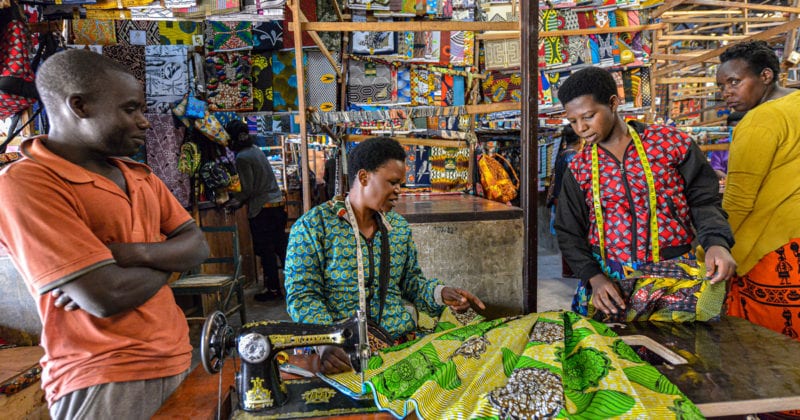
After months of staying away from schools and learning from home, children in Rwanda finally went back to their classrooms late last year, ready to resume some semblance of life before the pandemic.
But the setting is hardly a familiar one, as they now must learn in a foreign language that even teachers struggle to understand: English.
In December 2019, Rwanda’s government announced that lessons at all primary schools would be taught in English, replacing Kinyarwanda, the indigenous language. It would be the third major shift to take place in 11 years.
Continuity is a problem when it comes to learning in the small, landlocked country of Central Africa, which had been plagued by years of civil strife. The Covid-19 outbreak compounded this when schools were closed. A recent World Bank economic update revealed that school closures could shorten the average schooling years for Rwandan learners by up to 0.7 years.
Rwanda’s educational participation is low by global standards, with only 39 percent of young people aged 15 to 24 years old still in education.
But the country is pushing ahead with change. Even before the pandemic, the government was already working to improve learning outcomes. This is part of its vision to move from a low-income country to a knowledge-based economy.
Strengthening its foundation in education and skills development among its youth will be critical for Rwanda to rebuild its future in an era of greater uncertainty.
A vision for a knowledge-based economy
Since the end of the Rwandan Civil War in 1994, the country has been rebuilding its economy bit by bit.
Rwanda witnessed an economic boom from 2000 to 2020, with an average real growth rate of 7 percent, surpassing its annual population growth of 2.5 percent. This was a solid showing compared with sub-Saharan Africa or global growth rates.
The government in 2018 unveiled its National Strategy for Transformation (NST) to guide its transition toward a high-income country and a “globally competitive knowledge-based economy”.
For its youth, the NST painted a bright future. Rwanda wants to create 1.5 million decent and productive jobs by 2024 for young people and women in particular.
It also sought to ensure digital literacy for all youth by 2024 (and 60 percent for adults) through a national digital literacy program. The government set up centers of excellence, focusing on science, technology and innovation to equip youth with skills in sectors such as education, health, and cybersecurity.
But Covid-19 threw all this into disarray as it pushed Rwanda into its first recession. Thousands face the prospect of unemployment, while businesses are slapped with losses — all of which threaten to upend years of hard-earned economic progress.
Partnerships on the ground
As Rwanda drives toward the vision outlined in the NST, it faces challenges of ensuring sustained growth that is inclusive and the creation of quality jobs, going by a 2019 Voluntary National Review Report.
Education and skills development are crucial. Despite the pandemic-related challenges, the private sector has continued to play an important role in complementing the government’s growth efforts, especially in job creation.
In February 2021, Deutsche Post DHL Group (DPDHL Group) inked an agreement with SOS Children’s Villages to engage in professional employability and entrepreneurship training programs for Rwandan youth under the Group-wide GoTeach program which aims to improve employability of young people.
The program provides them with access to training, mentorship and work experience over the next five years to develop the skills they need to enter the working world.
Julie Mutoni, Country Manager of DHL Express Rwanda, noted that the state of joblessness in Africa has been growing steadily since 2012. Over one in five youth were not in employment, education or training in 2019, according to a report by the International Labor Organization.
“Through the GoTeach partnership with SOS Children’s Villages in Rwanda, DHL hopes to empower young people in Rwanda with the skills they need to achieve an independent and sustainable life. We want them to have decent jobs or to create decent job opportunities and contribute to their society through entrepreneurship,” she said.
The intervention is timely, as Rwanda focuses on recovery amid the pandemic. While the country has had a limited number of infections, it has been hit hard economically, especially in the fast-growing travel and hospitality industry, noted Calvin Djiofack, World Bank Senior Economist.
While government action has been swift in unrolling a US$900 million (€742.8 million) plan to scale up social safety nets, it is the collective effort — combined with those from the private sector — that will help Rwanda on its road to recovery and uplift the population again.
MORE FROM THIS COLLECTION

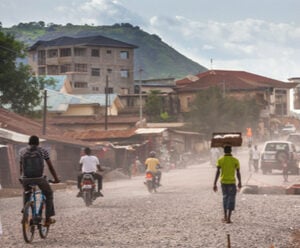
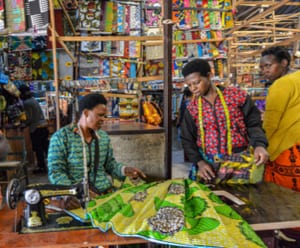
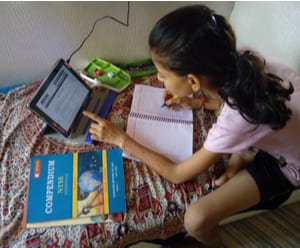
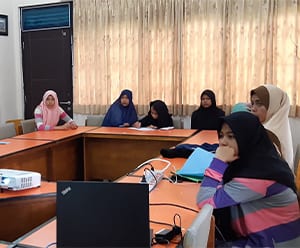


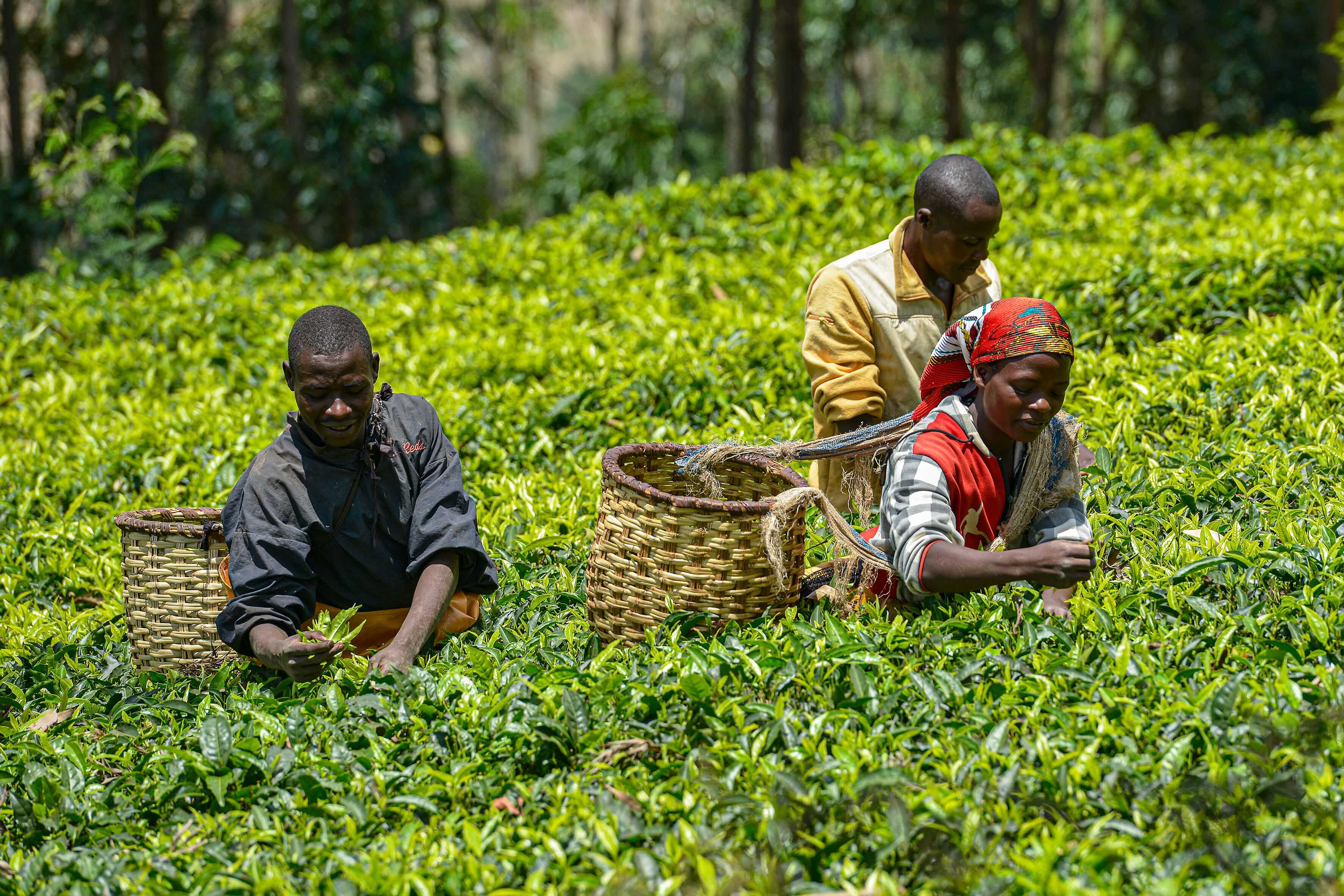
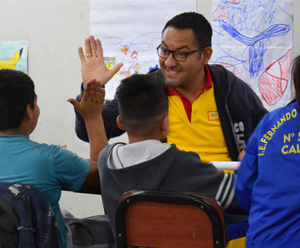




 English
English